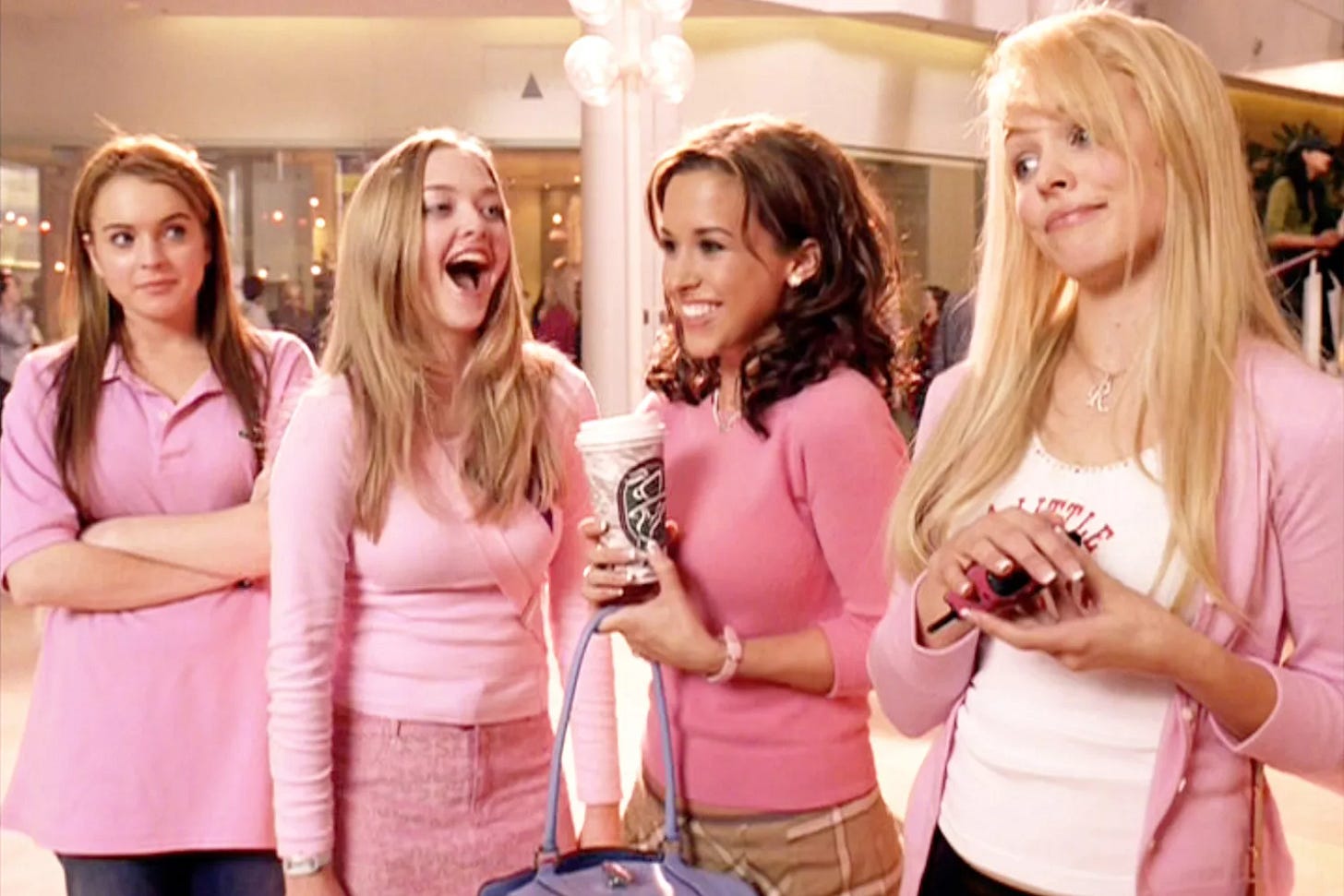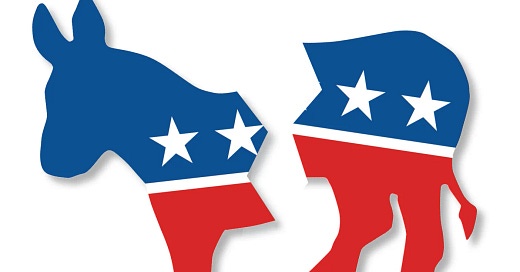You Can’t Sit with Us: How Mean Girl Politics Fractured the Democratic Coalition
A Decade of Exclusion, Alienation, and the Rise of a New Political Majority

Because of the times we live in, it must be noted that not all Democratic women are Mean Girls. Most aren’t. But many, many mea…
Keep reading with a 7-day free trial
Subscribe to Cymposium to keep reading this post and get 7 days of free access to the full post archives.






